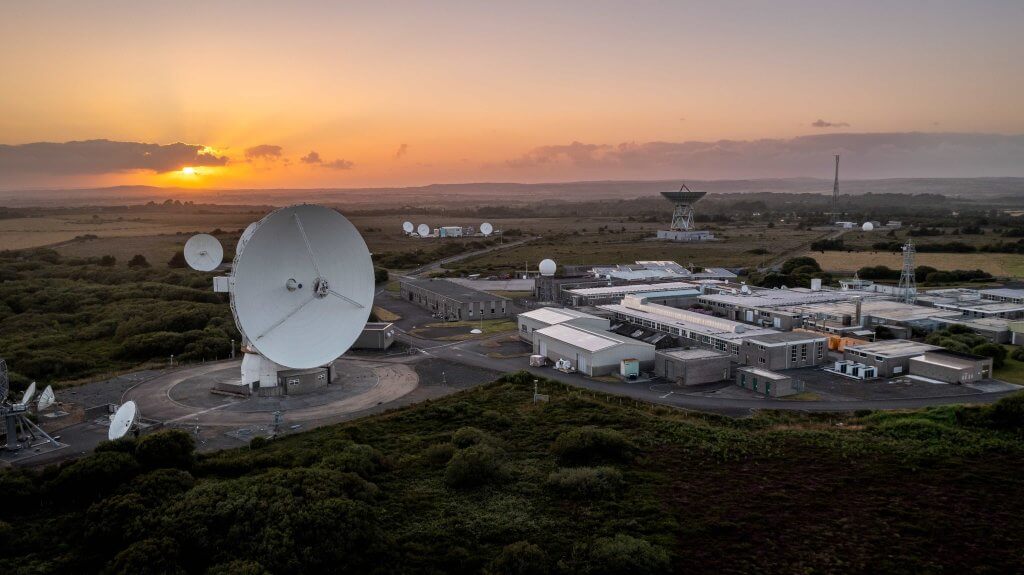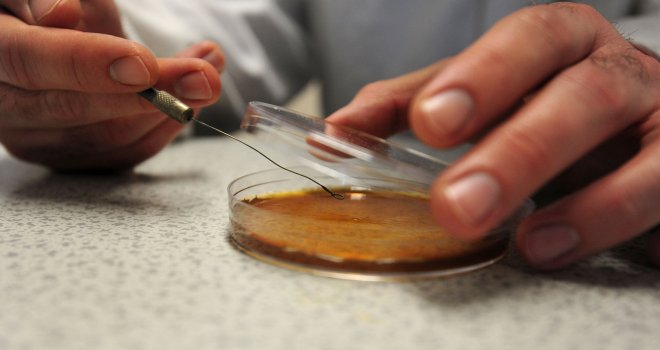£16 million for new projects to boost UK benefits of satellite constellations

Two innovative projects have been awarded a share of £16 million in funding from the UK space Agency today, to position the UK at the forefront of the latest advancements in satellite communications.
The funding will enable UK industry to capture a greater portion of the satellite mega-constellation market by developing technology that improves their efficiency and capability. It comes from the UK Space Agency’s Connectivity in Low Earth Orbit (C-LEO) programme, which will invest up to £160 million in UK expertise in this area over the next four years.
Satellite constellations are enhancing global connectivity by providing high-speed internet access to remote and underserved areas, bridging the digital divide. These constellations are set to transform markets in maritime and aviation connectivity, changing how people communicate as they live and work in some of the remotest places on Earth.
Telecoms Minister Sir Chris Bryant said: “The UK has all the cutting edge expertise and technology to spearhead the latest advancements in satellite communications and become a leader in this high-tech industry.
“These Government backed projects will not only provide significant advancements in mobile communication, but help to bridge the digital divide, connecting communities in the most hard-to-reach areas.”
Companies benefitting from this round of funding include Oxfordshire’s EnSilica plc, which will receive £10 million to develop novel silicon chips and software for a user terminal. This will be compatible with UK and European constellations like OneWeb Next Generation.
In Cardiff, Excelerate Technology Ltd will receive £6 million to develop the small and flexible Mobility and Autonomy Market User Terminal (MAMUT) which will allow users to choose the operator and orbit via an app, reducing costs and enhancing global configurability.
The UK has a growing space sector, with a rich heritage in satellite design and the operation of large constellations. This new government funding is crucial to maintaining the UK’s competitive edge during a period of rapid change and growth in the global space sector.
In 2023, a new record was achieved with the successful launch of more than 2,900 satellites into space. The majority of these satellites are part of commercial constellations, which are expected to expand rapidly. A further 18,000 satellites are likely to be launched between 2021 and 2031, with mega-constellations comprising 75% of this total.





